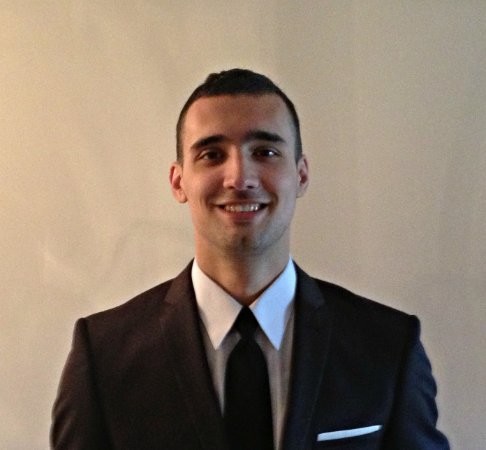This is a modal window.
Resilient development makes the difference between the communities that recover from shocks and those that cannot. But how do you build partnerships that deliver long-lasting, meaningful change in a country where uncertainty is a daily reality? In Yemen, a country devastated by years of conflict, the Al-Amal Microfinance Bank (AMB) has not only learnt how to survive, but also strengthened the ability of entire vulnerable communities and systems to anticipate, accommodate, withstand, and recover from both climate-driven and human-induced crises. The AMB’s work offers a rare insight into what resilient development looks like when the stakes are at their highest.
To delve into this journey, DevelopmentAid, in collaboration with the Al-Amal Microfinance Bank, a non-dividend Microfinance Institution that provides inclusive financial and non-financial services to vulnerable communities, invites donor agencies, private sector organizations, foundations, NGOs, and individual experts to join the webinar “Building Resilient Impact: How Al-Amal Microfinance Bank Attracts Donor Partnerships in Fragile Contexts”.
During this live discussion, Mohammed Saleh Al-Lai, Dhekra Ahmed, and Essam Nassari will present the AMB’s operational pillars and development program, explain the principles that guide the AMB’s Reyadah Foundation, and share practical advice for organizations across the MENA region and beyond on securing projects and sustaining resilient impact in volatile environments.
Key Takeaways
- - Learn how the Al-Amal Microfinance Bank identifies donors, builds partnerships, secures projects, and ensures meaningful impact in fragile contexts.
- - Discover AMB’s Reyadah Foundation and its role in ensuring the economic inclusion of vulnerable communities in Yemen.
- - Receive practical advice on securing projects and sustaining impact in volatile contexts.
- - Ask questions during the Q&A session
Mohammed Saleh Al-Lai, the CEO of the AMB, holds a Bachelor’s degree in accounting from Sana’a University and a Master’s degree in International Banking and Finance from John Moores University. Mohammed has worked in finance and economy for more than 30 years. He has played a key role in creating organizational and legislative structures and mechanisms, which contributed to the development of the SME sector in general and the microfinance sector in Yemen.
Dhekra Ahmed holds a Bachelor’s degree in Business Administration and Management and a Master’s degree in Inclusive Development and Gender from Sana’a University. She has established herself as a development leader with over seven years of project management experience across economic empowerment, livelihoods, and entrepreneurship support in Yemen. Dhekra now serves as Executive Director at the Reyadah Foundation after leading programs that expanded youth, women, and start-up support, centering her work on building practical solutions, guiding early-stage ventures, and strengthening systems that advance gender inclusion and sustainable income generation.
Essam Nassari holds a Bachelor’s degree in International Business Administration from the International University of Technology Twintech in Sana’a. He has worked across Yemen’s development and financial sectors, building evidence-based systems and sustainability frameworks that strengthened accountability and improved the impact of livelihood, youth, and financial inclusion programs. His work supported responsible finance, climate-smart approaches, and long-term outcome measurement, positioning Essam as part of a new generation of MEQ and sustainability professionals that are driving community-focused progress in Yemen.

Register your spot now
Don't have an account? No worries! Simply fill out the form below to join the webinar. Already have an account? Log in for quicker registration.
December 4, 2025 · 3 PM BRU / 11 AM DC
Webinar starts in
9 days11 hours34 mins


